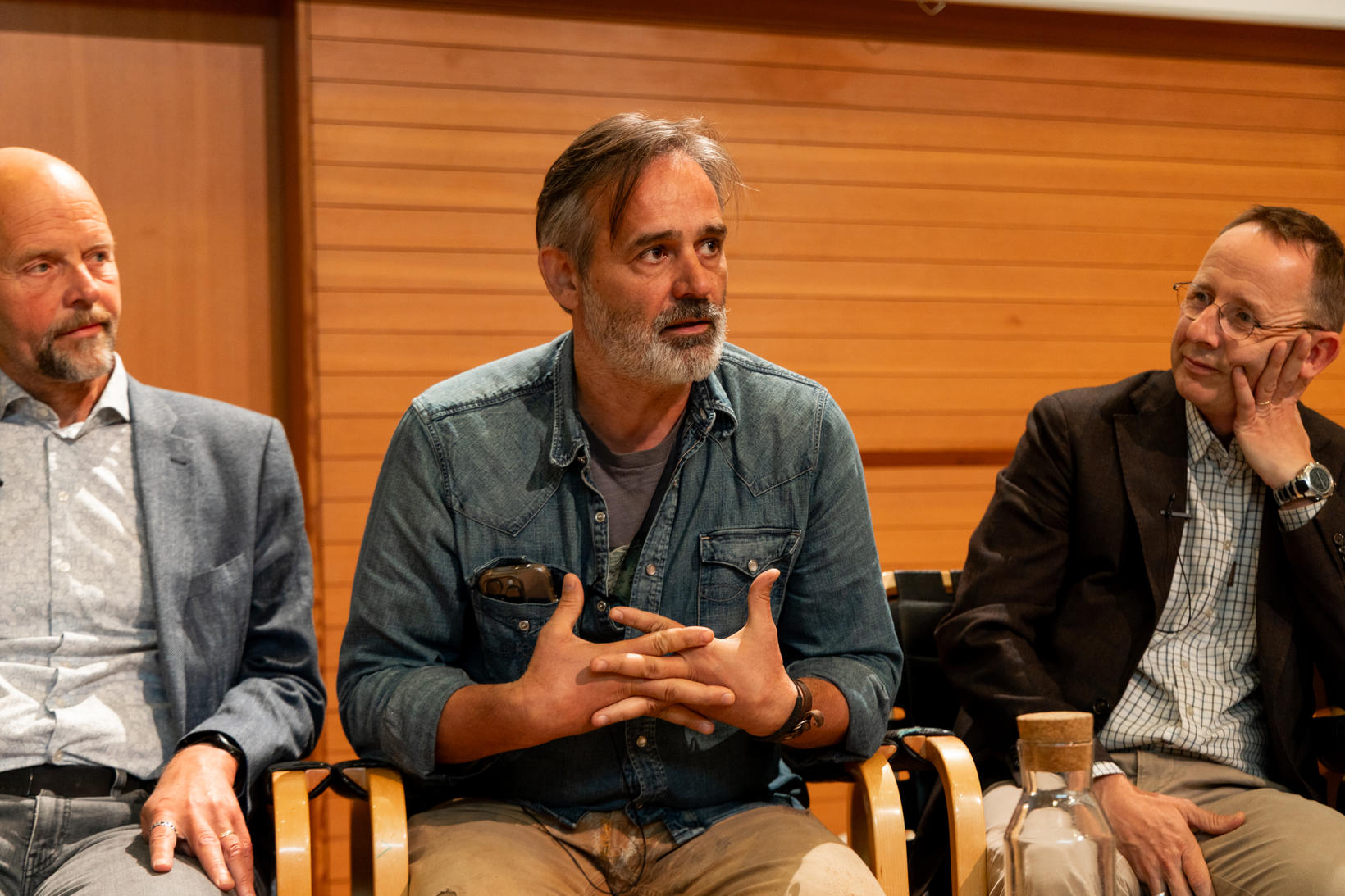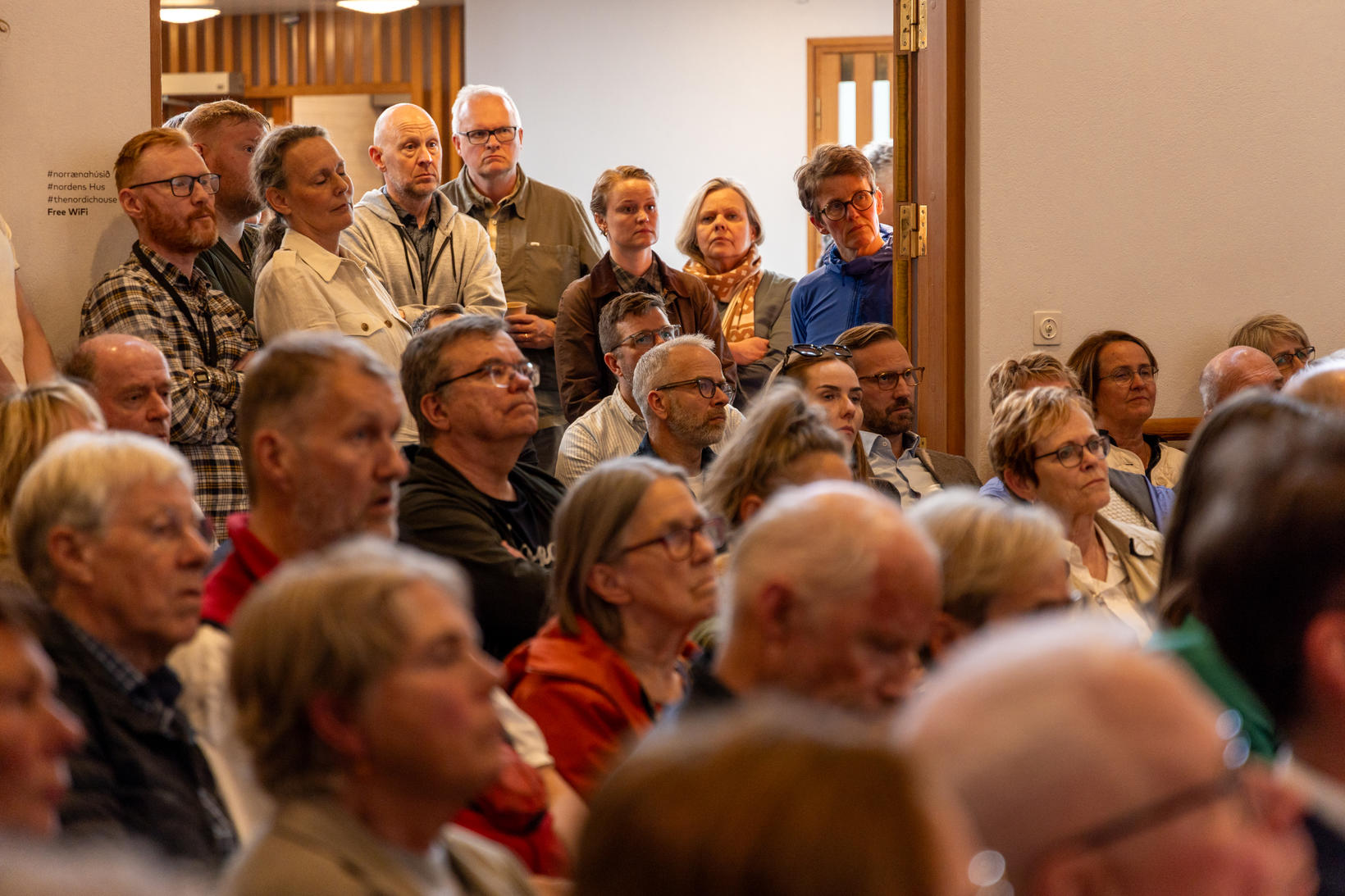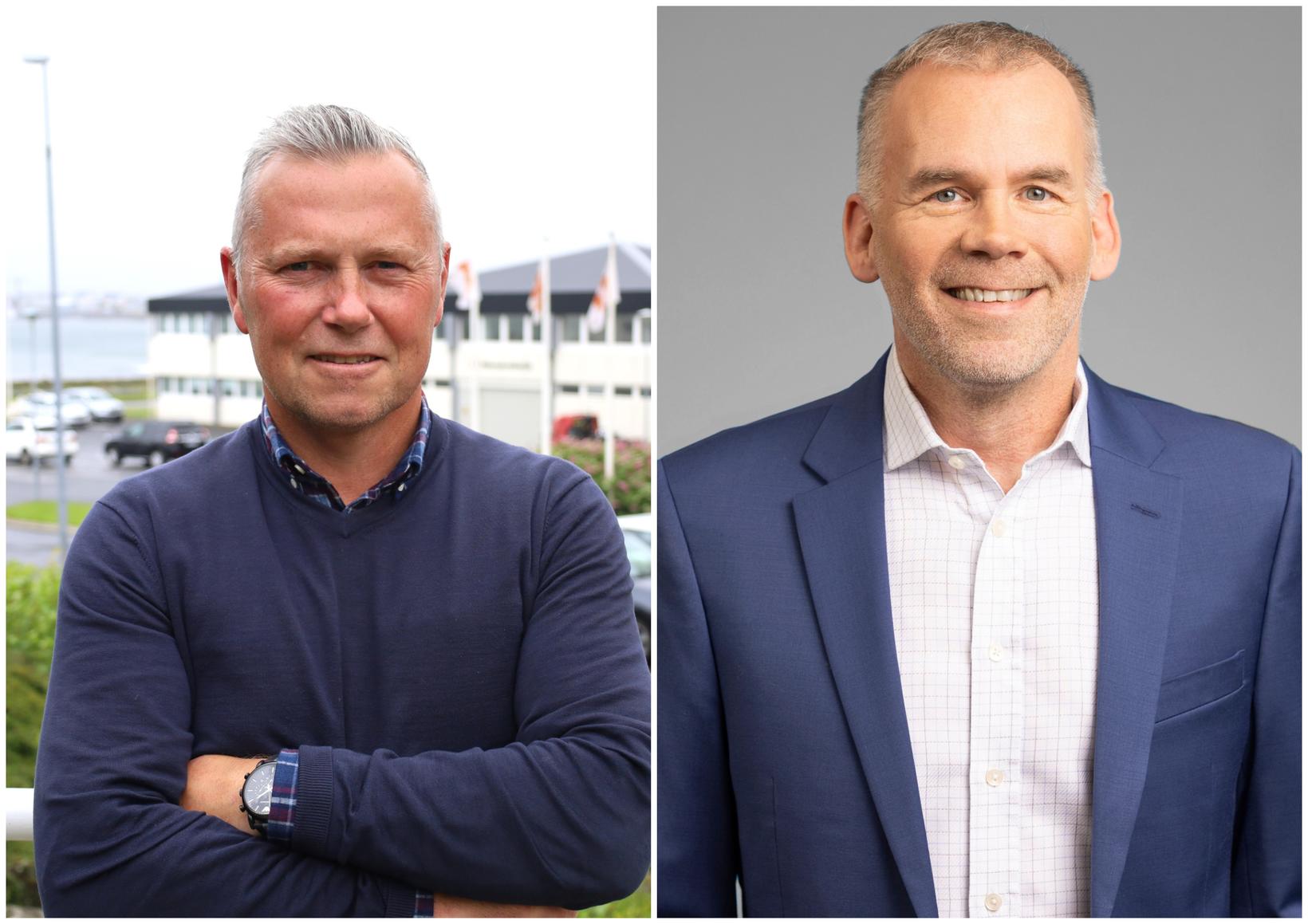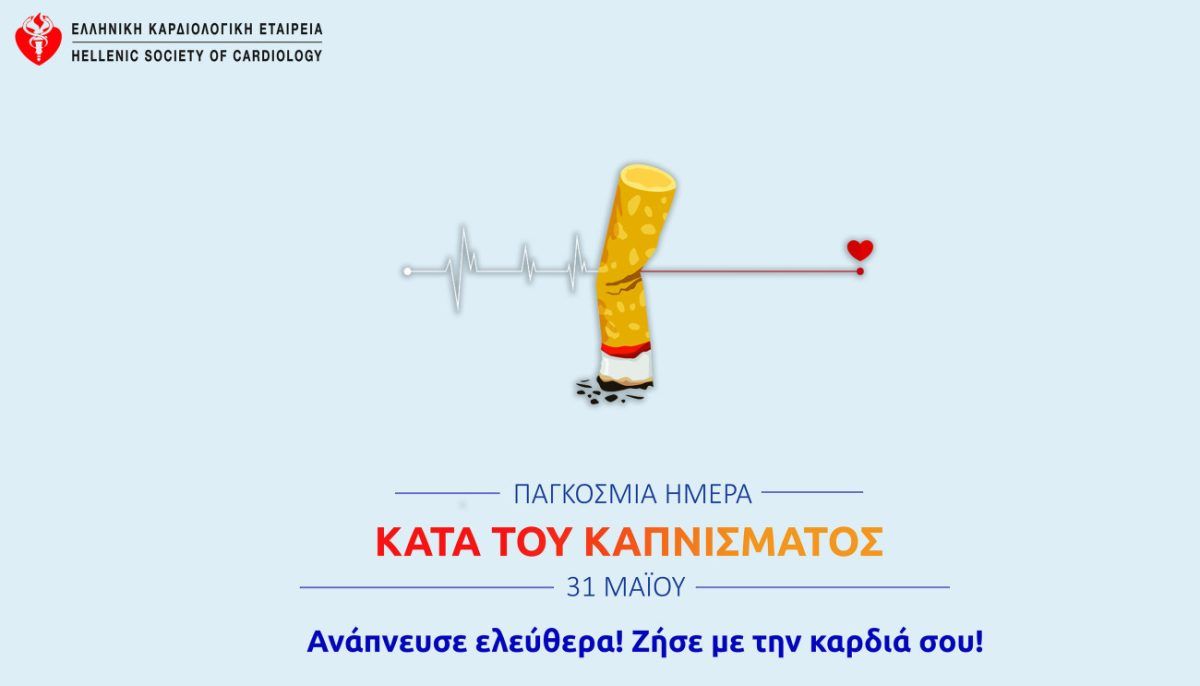Former mayors criticized utilities
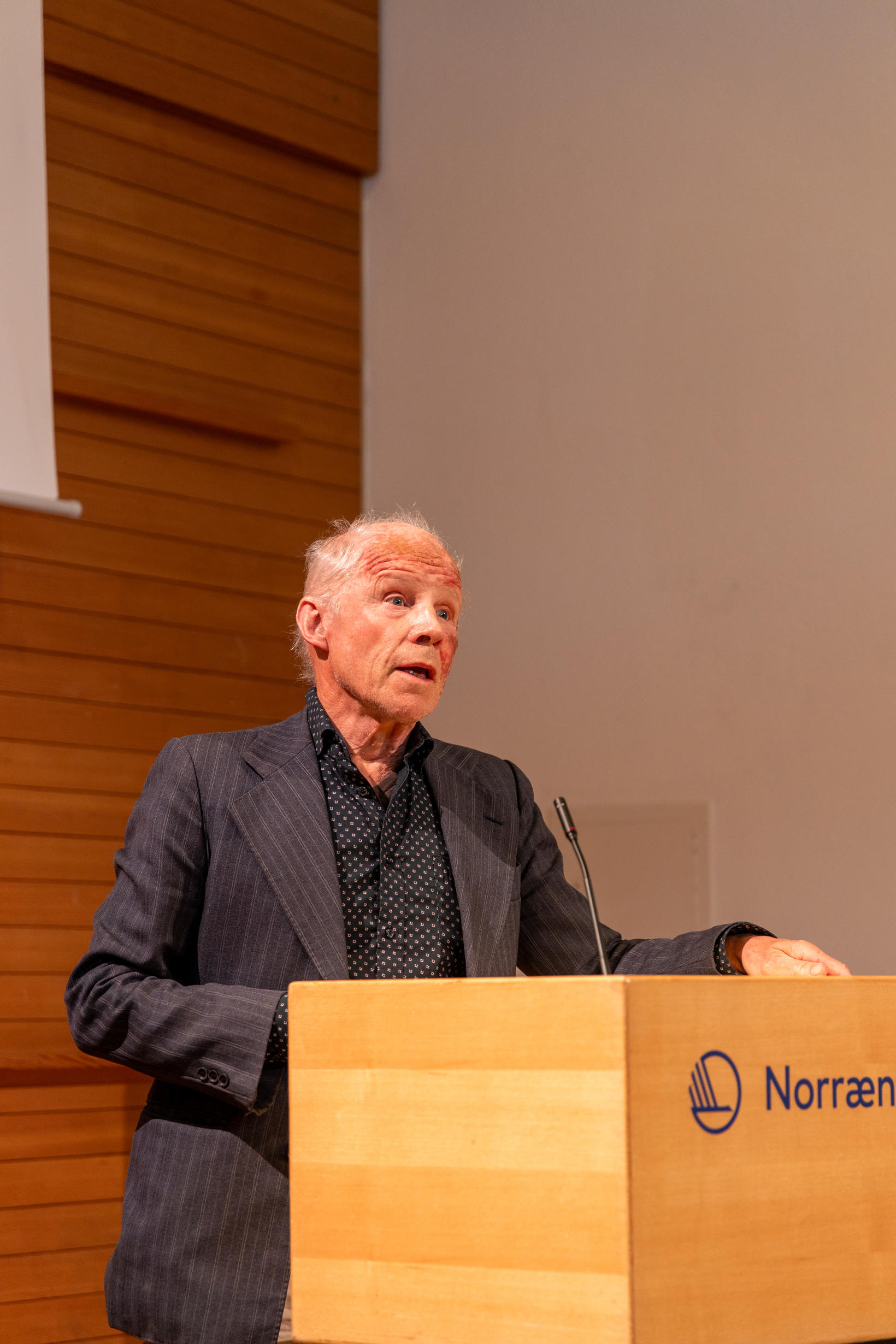
The doors of the lecture hall in the Nordic House were full yesterday at a seminar held by the Reykjavík Forestry Association and discussed the future of Heiðmerkur as an outdoor area for the residents of the metropolitan area following the plans of Veitur’s plans that block vehicle traffic around a large part of Heiðmerkur and significantly enlarge the well area around boreholes at Mylllæljartjörn and thus close all traffic in that area.
A pervasive theme at the meeting was a great dissatisfaction with the guests and interviewees in the panel with the progress of Orkuveita Reykjavikur and its subsidiary, Veitur, in the case. The utility company was accused of aggression and bullying and trying to pass a conversation with the citizens when there was as much interest. Two former mayors were among those who criticized how utilities had emerged in the case.
Utilities want this change in the arrangement of Heiðmerkur to Ensure clean and unpolluted drinking water to the inhabitants of the metropolitan area permanently. The utility company says that accidents have occurred in the area over the years and that Mildi does not think that oil has not leaked into the water sources. The company has rejected proposals that, among other things, the forestry has made a transfer of the water area in part above the country. This does not consider utilities a good solution based on operational security or to meet future demand.
Estimate the value of Heidmarks in billions
Brynhildur Davíðsdóttir, professor of environmental and natural resources at the UI, presented in his lecture the results of a 12-year-old report on the value of Heiðmerkur for the capital, which uses value assessment based on a time that residents spend in the area. She said the value is about 3 billion annually based on these calculations.
Árni Hjartarson, geologist at Ísor, also discussed groundwater in the southwest corner of the country and crossed the streams of groundwater in the area. He argued that there could be considerably reduced requirements for the size of the well area around Myllalækjartjörn so that the effect would be less for outdoor enthusiasts. He also said that it was realistic to carefully examine whether part of the water area could be moved from the Gvendar wells and the periphery, which are the bottom of the well, up to the Vatnsendakrika which is much higher, but there are today a few boreholes and the utilities are available today.
Árni Harðarson, geologist at Ísor, showed some suggestions that he believed could be settled by divisor camps. However, utilities have rejected them.
Photo/Hjördís Jónsdóttir
Representatives of the Forestry stated that Veitur’s representatives had been invited to attend the meeting but not accepted. Instead, Sólrún Kristjánsdóttir, Managing Director of Veitur, met in Kastljós at RÚV after the seminar. At the beginning of the seminar, the chairman of the meeting noticed that Eiríkur Hjalmarsson, who was the Information Officer of the Energy Authority for almost two decades, but is now titled sustainability manager, was outside the hall. The chairman asked if Eiríkur wanted to speak on behalf of Veitur but received little answers.
Ingibjörg Sólrún has arrived in the « Aciprian Gag »
In panel discussions after the lectures included Ingibjörg Sólrún Gísladóttir, former mayor and current board member of the Forestry. She criticized the communication with Veitur and said it was strange to be at this age suddenly joined the « activist » and need to deal with officials and the government in this matter.
She said everyone understood that water protection measures would have to be taken, but that the proportionality would have to be taken and spoke for Árni’s ideas to move the water and have less areas around Myllalækjartjörn.
Dóra Björt Guðjónsdóttir, Pirate’s citizen and chairman of the Environment and Planning Council, then said he was like the parent of children who were arguing. On the one hand, it was those who wanted to protect the water and on the other, those who wanted to protect the outdoor activities and forests.
Sometimes you have to intervene and shame bullying
Baltasar Kormákur was also on the panel, but he lives at Elliðavatn, rides around Heidmörk and has tried to get permission to record films in the area. Baltasar took Dóra’s comments on the air and said he was a parent and that it was clear that if one child was to use another aggression or bullying then it would be okay to intervene and that it was okay to shame bullying and was clearly referring to the behavior of utilities, which at this point had been criticized at this point.
He next reviewed a recent film project where he had requested to be recorded in Heidmörk. It would have been necessary to have a forest, but this was not in every straw in Iceland. The city and forestry gave a green light, but « computer says no » was the answer from Veitur. He said he had all the sales, among other things, suggested that only electric vehicles be used and that the equipment would be handled, but always the answer from Veitur was no. « There was no explanation, » Baltasar said.
Baltasar Kormákur said that sometimes bullying had to be shameful and directed his words to utilities.
Photo/Hjördís Jónsdóttir
The population does not consider the quality to be taken
Later, Baltasar said he was half -shocked after returning from abroad shortly. « I’m not sure the ordinary citizen realized the quality that is being taken. »
Jakob Frímann Þorsteinsson, adjunct in study and pedagogy, said the case all in a strange place. « There has been unnecessary war on this nature reserve, » he said, adding that the main debate should be about how access to the area could be increased, not whether and how it should be cut. He also said it was strange that a company such as the forestry, which had the role of standing in forestry, was now the company that was at the forefront to ensure public access to outdoor areas and outdoor activities.
Would have to walk first 3-4 km
Páll Ásgeir Ásgeirsson from the Icelandic Touring Association said the basics in this matter were that the centerpiece of the outdoor area and the place that most guests looked for was about 3-4 km into Heidmörk. He referred to the area around the mayor’s plan, where there is a point of intersection of many walking and cycling routes around Heidmörk. The closure would therefore mean that people would first have to walk the distance from Suðurlandsvegur before entering the heart of Heiðmerkur.
Paul said he was deeply concerned about the possible closure of the area during the decades of work that the Touring Company and other companies had made in Heidmörk and interest that had inherited generations.
Given that the review process for organizational changes that is being worked on in Heidmörk in mid -June, Dóra was asked at the meeting whether it would be possible to extend the review period. She said an example for such and that it would be well considered to look at it if requested.
The door was full in the Nordic House. Former mayor Einar Þorsteinsson was one of those who spoke and criticized various things for the progress of utilities in the matter. However, he also said that perhaps the capital’s residents would have been too careless around the water sources before.
Photo/Hjördís Jónsdóttir
Einar said utilities go too far
Among the guests in the hall was Einar Þorsteinsson, former mayor of Reykjavik. He described the status of this case as disappointing and that everyone was thinking about what the matter was aiming for. He criticized utilities for failing to discuss and present this issue, including by defining what problems were underlying and how to respond.
Einar, however, picked up the glove for the company and did not say correctly as a guest guest had claimed that there had been no mishaps in Heidmörk that could have been jeopardized. He said the accidents were numerous and also recalled that a helicopter had lost an oil tank that was being transported to Tríhnúkagig a few years ago. Therefore, he said the position of the Energy Authority was not unreasonable, but that the problem was primarily of a communications nature. He said that there may have been too much carelessness around the water sources, but that based on the presentation and demand of the Energy Authority, the pendulum would be too far. He suggested that a steering committee be hired to look into the matter and that the power of the Energy Authority be more political.

